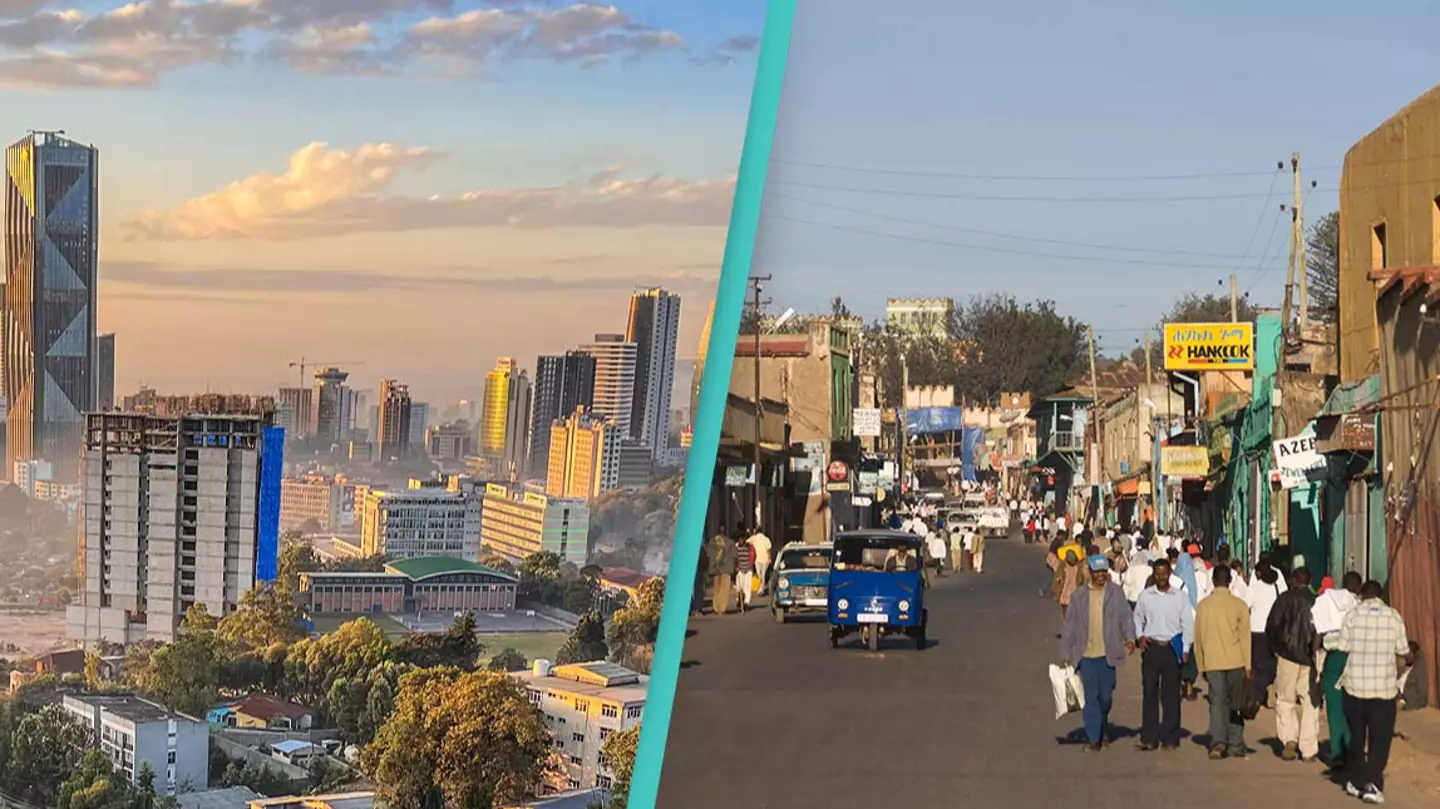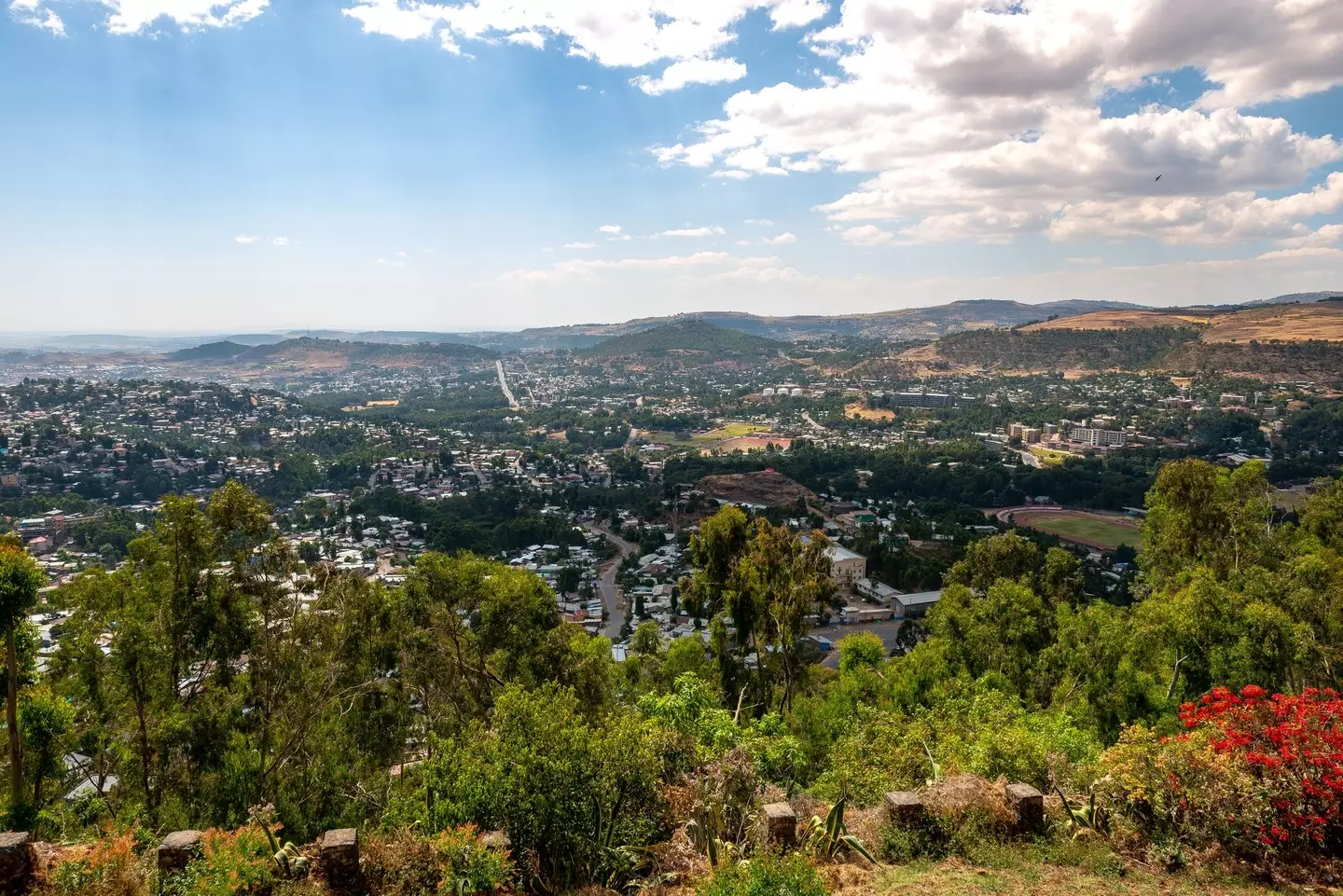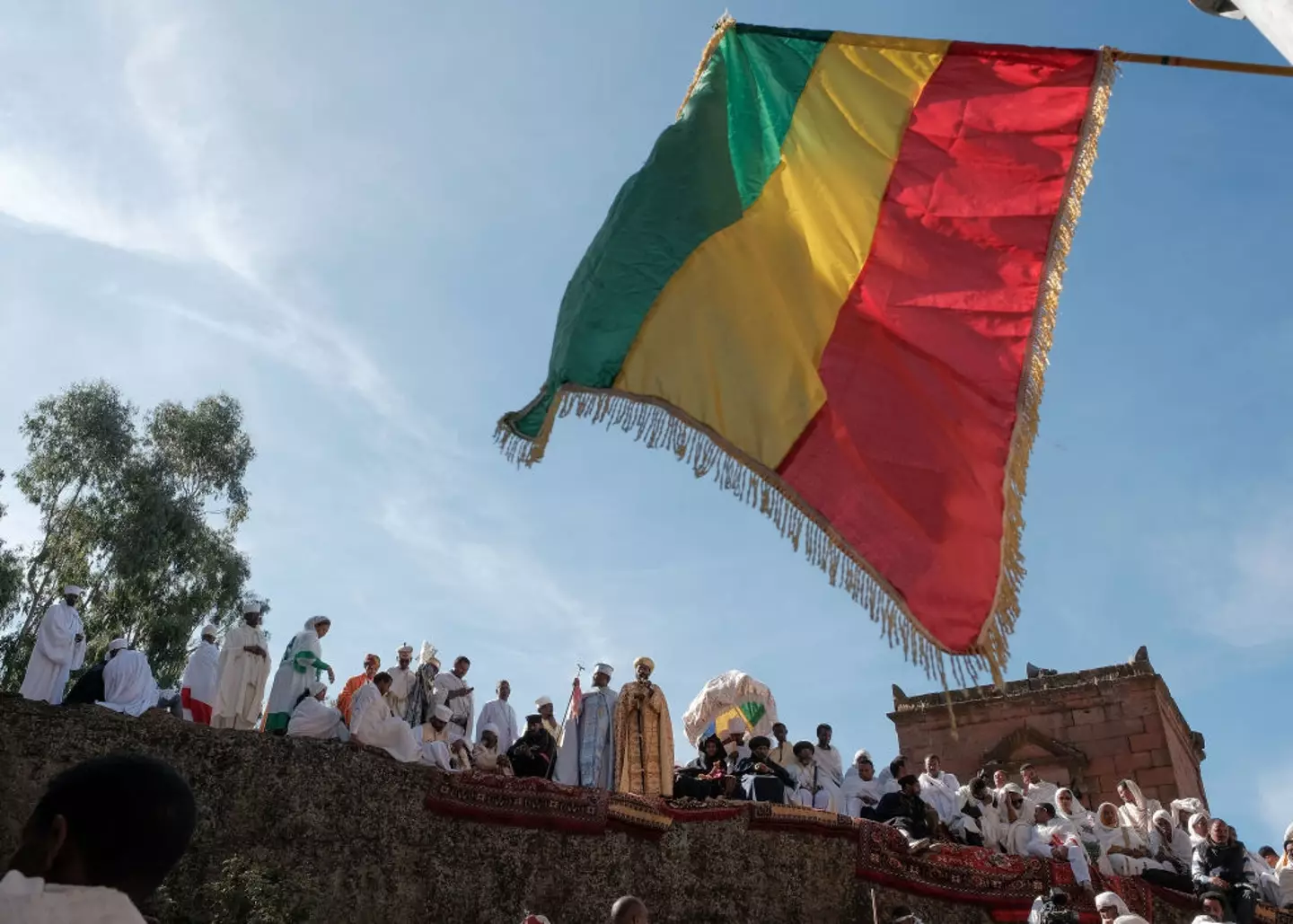
While most countries on Earth are separated solely by a few hours, one country is so far ‘behind’ the US in terms of time that it’s still 2016.
Right now, there are six principal calendars in use; the Gregorian, Jewish, Islamic, Indian, Chinese, and Julian Calendars.
While the Gregorian calendar is the most widely utilised, there are thought to be around 40 calendars used in the world today.
One of those is the Ethiopian calendar, commonly known as the Ge'ez calendar.
Advert
While based on the same astronomical calculations behind the Gregorian calendar and its predecessor, the Julian calendar, the Ge'ez calendar differs in numerous ways.

For example, a year on the Ge'ez calendar consists of 12 months, each totalling 30 days and includes an unusual 13th month, called Pagume.
Pagume comes from the Greek word ‘epagomene’, which means ‘days forgotten when a year is calculated’.
Interestingly, this 13th month is usually only five days long, except in a leap year when it’s six. These extra days are tacked on to the very end of the year to sync up correctly with the solar cycle.
Another difference between the Ge'ez and the Gregorian calendars is that Ethiopia is considered to be seven years and eight months ‘behind’ the latter.
This is because the Ethiopian Orthodox Church plotted the birthdate of Jesus Christ at 7 BC, thought to be 5,500 years after God’s promise to Adam and Eve.
So while it’s 2024 for most of the world, in Ethiopia they only just welcomed in 2016 last September.

James McCann, an emeritus professor of history at Boston University, wants to change the narrative on the country’s date difference.
Speaking to the Miami Herald, he said: “I wouldn’t say they’re behind us. That kind of conveys that there’s something wrong with it. It’s just different.”
As well as a date difference, time works differently in Ethiopia too.
That’s because instead of operating from a 24-hour clock, locals employ a 12-hour clock and divide the day into two 12-hour slots.
The first slot therefore begins at dawn to dusk and the second cycle from dusk to dawn. .
Despite the Ge'ez calendar having been in operation since around 4 A.D, many official institutions deviate from social norms and elect to use the Gregorian calendar and 24-hour clock.

Speaking on the subject, Ethiopia historian Verena Krebs said: “In Ethiopia, the two dating systems often coexist, and their use is relational.
“Universities and government branches or any official correspondence often also use the ‘Western’ calendar for official documents.”
So if you find yourself traveling to Ethiopia any time soon, it’s advised by Krebs that you ‘use your common sense’ to navigate the time and date change.
Be sure to clarify exactly what time you’re meant to be someone because you don’t want to end up somewhere eight hours too early… Or eight hours too late.
Topics: Science, Africa, World News
